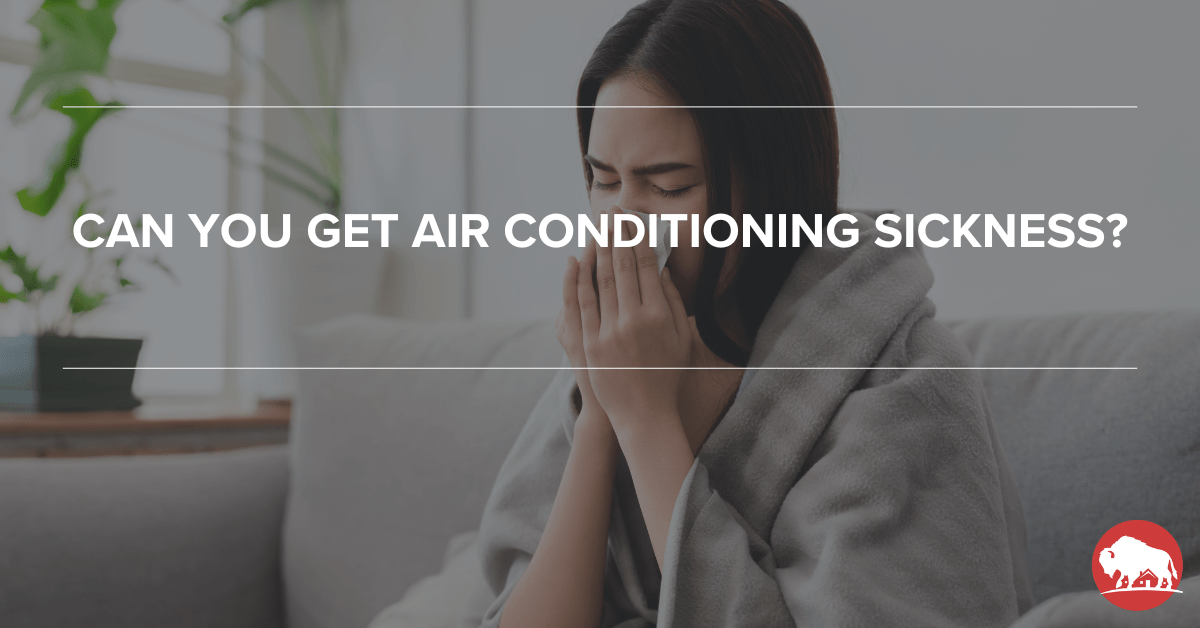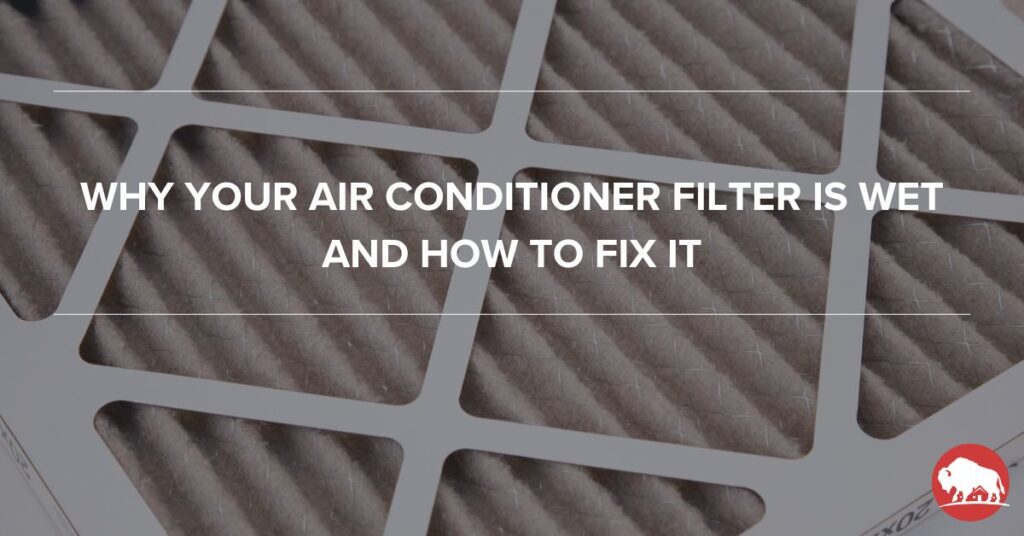We all love the sweet relief of a cool room on a scorching summer day. Air conditioning can be a lifesaver, making those hot Northern Colorado months much more bearable. However, did you know that air conditioning can sometimes make you feel under the weather? According to a study by the American College of Allergy, Asthma, and Immunology, up to 50% of illnesses are caused or aggravated by polluted indoor air. Understanding and preventing air conditioning sickness can help you stay comfortable and healthy.
Understanding Air Conditioning Sickness
Causes of Air Conditioning Sickness
Air conditioning itself isn’t inherently bad for you. In fact, it can be a blessing for those with respiratory issues like asthma. However, problems arise when your AC interacts with bacteria, fungi, mold, and mildew. If your home or office isn’t kept clean, your AC can end up circulating allergens that make you sick.
Poor AC maintenance is another big culprit. Dirty filters and uncleaned coils can turn your AC unit into a breeding ground for bacteria and mold. Dust and other particulates can accumulate on the coils and filters, creating a perfect environment for microbial growth. This buildup can lead to indoor air pollution, which can exacerbate allergies and respiratory issues.
Let’s not forget about running the AC too cold. Extremely low temperatures and low humidity can create an environment where viruses thrive, making it easier for you to catch a cold. The dry air can also lead to dehydration of your mucous membranes, increasing your susceptibility to infections. Overly cold environments can strain your body and lead to discomfort, contributing to headaches, muscle aches, and overall fatigue.
Then there’s Sick Building Syndrome (SBS). This happens when poor ventilation or dirty filters in a building cause acute health effects for the occupants. Symptoms can include headaches, dizziness, nausea, and more. SBS often occurs in buildings with centralized air systems that haven’t been properly maintained or that are not well-ventilated.
Symptoms of Air Conditioning Sickness
How do you know if you’re suffering from air conditioning sickness? Common symptoms include stuffy noses, sore throats, headaches, and fatigue. These symptoms can be mild but persistent. More specifically, SBS can cause dizziness, nausea, eye/nose/throat irritation, dry skin, sensitivity to odors, and gastrointestinal issues. If you’re experiencing a combination of these symptoms, it may be a sign that your environment is affecting your health.
In severe cases, dirty HVAC filters can lead to Legionnaire’s disease, a serious form of pneumonia caused by bacteria in mist from the AC. This disease is rare but serious and can be particularly dangerous for those with weakened immune systems. Symptoms include high fever, cough, and shortness of breath, requiring prompt medical attention.
Preventing Air Conditioning Sickness
Maintain a Clean Environment
First things first, keep your living and working spaces clean. Regularly vacuum and wipe down surfaces to prevent allergen buildup. Tackling mold and mildew is crucial—address any moisture issues in your home and clean moldy areas promptly. Consider using a dehumidifier in damp areas to reduce the chances of mold growth. Additionally, ensure that your home has proper ventilation to prevent excess moisture from accumulating. Proper ventilation not only helps in reducing mold but also improves overall air quality. Schedule an AC Unit Check-Up if you are worried.
Proper AC Unit Maintenance
Regular maintenance of your AC unit is key. Change the filters every 30-90 days, depending on how much you use your system and whether you have pets. Dirty filters can circulate dust, pollen, and other allergens throughout your home, exacerbating symptoms that could result in the need for an AC Repair. Schedule professional maintenance checks to clean the unit and coils thoroughly and ensure there’s no mold or bacteria buildup. Technicians can also check for any leaks or condensation issues that might cause moisture problems. Addressing these issues promptly can prevent the accumulation of harmful substances in your AC system.
Optimal Use of Air Conditioning
Set your AC to a comfortable, not excessively cold, temperature. This helps avoid the extreme dryness that can irritate your throat and nose. Aim for a temperature that’s a few degrees lower than the outdoor temperature, rather than drastically cooler. Ensure your space has adequate ventilation to balance indoor and outdoor air quality. Open windows and doors when possible to let fresh air in and stale air out. This simple practice can help refresh indoor air and reduce the concentration of pollutants.
Personal Health Measures
Stay hydrated to counteract the drying effects of the air conditioning. Drink plenty of water throughout the day to keep your throat and nasal passages moist. Hydration is crucial for maintaining overall health and can help alleviate symptoms of dryness. If it’s not too hot or polluted outside, take breaks to get some fresh air. Spending time outdoors can help alleviate symptoms of air conditioning sickness and provide a change of environment. Monitor your health and address symptoms early to prevent them from getting worse. If you experience persistent symptoms, consider consulting a healthcare professional for advice.
Air Conditioning Sickness Summary
Air conditioning is essential for staying cool during the hot summer months, but it can also contribute to health issues if not properly maintained. Air conditioning sickness can be caused by mold, mildew, bacteria, and other allergens circulating through your home or office. Symptoms can range from mild irritation to more serious respiratory problems. However, by keeping your living and working spaces clean, regularly maintaining your HVAC system, and taking care of your health, you can enjoy the benefits of air conditioning without the drawbacks. Regular maintenance, proper hygiene, and mindful temperature settings are key to creating a comfortable and healthy indoor environment. Stay cool, stay healthy, and enjoy your summer without the worries of air conditioning sickness.






